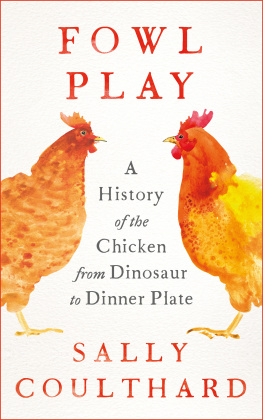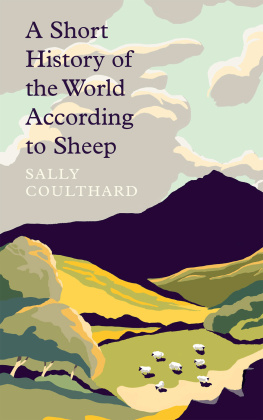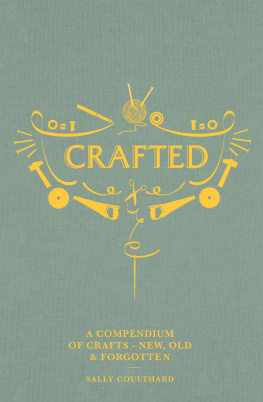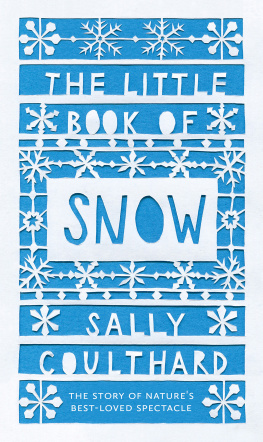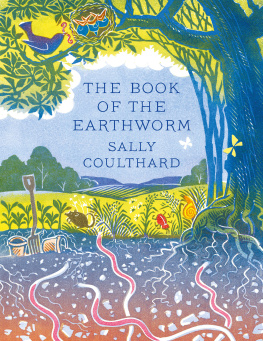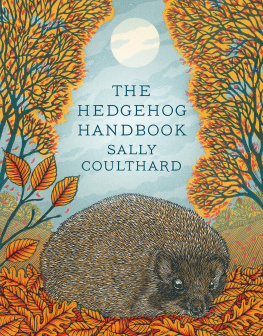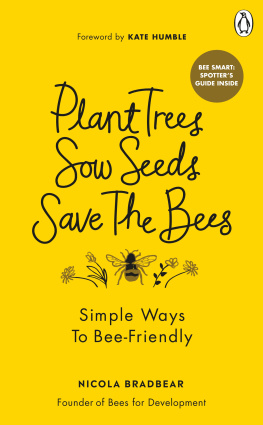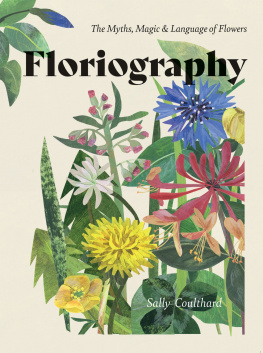Sally Coulthard - 50 Ways to Help Save the Bees
Here you can read online Sally Coulthard - 50 Ways to Help Save the Bees full text of the book (entire story) in english for free. Download pdf and epub, get meaning, cover and reviews about this ebook. year: 2021, publisher: Countryman Press, genre: Home and family. Description of the work, (preface) as well as reviews are available. Best literature library LitArk.com created for fans of good reading and offers a wide selection of genres:
Romance novel
Science fiction
Adventure
Detective
Science
History
Home and family
Prose
Art
Politics
Computer
Non-fiction
Religion
Business
Children
Humor
Choose a favorite category and find really read worthwhile books. Enjoy immersion in the world of imagination, feel the emotions of the characters or learn something new for yourself, make an fascinating discovery.

- Book:50 Ways to Help Save the Bees
- Author:
- Publisher:Countryman Press
- Genre:
- Year:2021
- Rating:4 / 5
- Favourites:Add to favourites
- Your mark:
- 80
- 1
- 2
- 3
- 4
- 5
50 Ways to Help Save the Bees: summary, description and annotation
We offer to read an annotation, description, summary or preface (depends on what the author of the book "50 Ways to Help Save the Bees" wrote himself). If you haven't found the necessary information about the book — write in the comments, we will try to find it.
50 Ways to Help Save the Bees — read online for free the complete book (whole text) full work
Below is the text of the book, divided by pages. System saving the place of the last page read, allows you to conveniently read the book "50 Ways to Help Save the Bees" online for free, without having to search again every time where you left off. Put a bookmark, and you can go to the page where you finished reading at any time.
Font size:
Interval:
Bookmark:
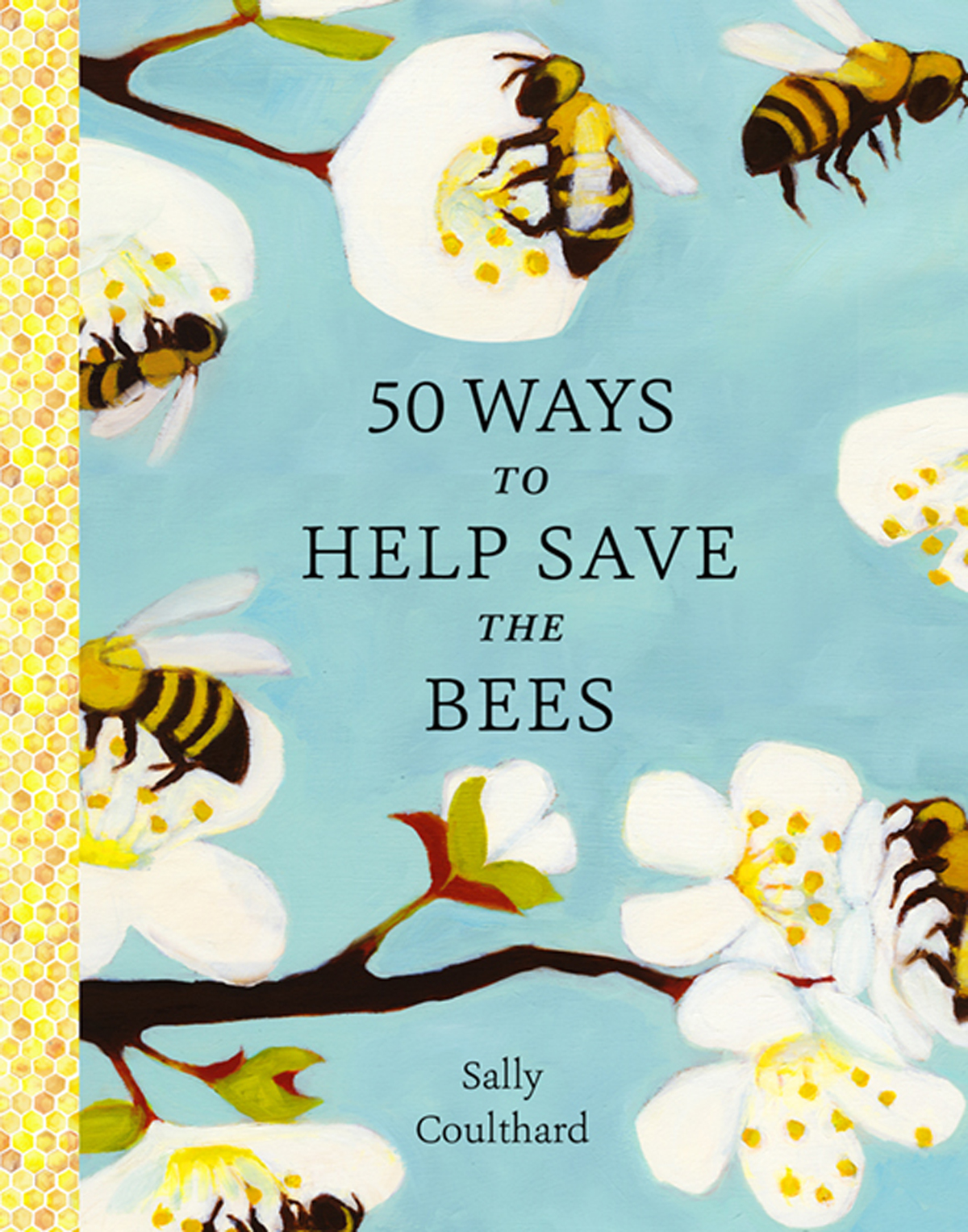
50 WAYS
TO
HELP SAVE
THE
BEES
Sally
Coulthard


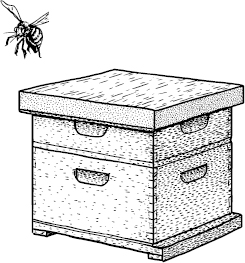
CONTENTS


How doth the little busy bee
Improve each shining hour,
And gather honey all the day
From every shining flower!
How skilfully she builds her cell!
How neat she spreads the wax!
And labours hard to store it well
With the sweet food she makes.
ISAAC WATTS,
How Doth the Little Busy Bee
B ees have seen it all. Theyve watched mighty dinosaurs roam the Earth, kept buzzing through glacial ice age after ice age, and gone about their business as great civilisations rose and fell. Bees have bumbled along, silent witnesses to human evolution, our discovery of fire and the beginnings of agriculture, through centuries of rapid change and industrial growth.
Theyre quiet survivors, brilliant at adapting to ever-changing circumstances and new environments. Bees have colonised almost every corner of the planet from the mountains of North America to the Himalayas, the Amazonian rainforest to the rolling hills of England and yet, of the 100 million years since bees evolved from wasps, and went their pollen-preferring ways, now is perhaps the most challenging time of all.
Bees are in trouble and they need our support. So thats what this book is about. Its a call to action. Its a collection of positive things that we, as individuals, can do to help. Some are choices we can make as consumers. Others are changes we can make to our gardens or public green spaces. But there are also actions we can take that can influence government policy for the better. Working together as a collective, we can get things done.
Little things can make a big difference. Just ask a bee.
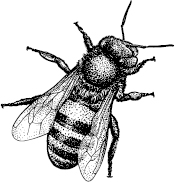
I ts a complex picture and one thats worth taking some time to unpick. Back in the late 1990s and early 2000s, many beekeepers across the world were noticing that their honey bees were dying in unprecedented numbers. Entire colonies were mysteriously wiped out, leaving hives empty and beekeepers (and the rest of the world) worried that honey bees were crashing towards mass extinction, a fate that would have desperate consequences for the worlds ecosystem and food supply. It was headline-grabbing stuff.
No one was sure why so many honey bee colonies were dying an event that became known as Colony Collapse Disorder (CCD). Subsequent research has shown that it was probably a number of factors, working in deadly harmony a perfect storm of invasive varroa mites, habitat loss, low bee immunity caused by poor management of hives or overexposure to pesticides, and other interrelated factors.
The good news, however, is that the situation for managed honey bees that is, bees kept by beekeepers has improved. Numbers are slowly recovering and reported cases of CCD have dwindled. Even better, thanks to the concerted efforts of many beekeeping groups and media campaigns, beekeeping as a hobby has rocketed in popularity. In the United States, the Save the Bees slogan is printed on stickers and posters and bee-patterned clothes appear in stores across the country. Bees are definitely having a moment.

So why should we still be worried about them? The answer is twofold. The first reason is that, despite a surge of interest in beekeeping, there has still been an overall decline in honey bees over the past half-century. The second reason is that honey bees arent the only bees that matter. In the US, for example, there are more than 4,000 species of native bees. These species fall within different categories. Many species are solitary, pollinating lone rangers who dont care for life in the hive. Other species fall under the broad category of bumblebee but there are even different varieties of this familiar fat and fluffy bee.
Honey bees arent the only bees that matter. In the US, there are more than 4,000 species of bees.

Over the past fifty years, these species numbers are shrinking, with some becoming extinct. In Europe, nearly one in ten species of wild bees faces extinction, and in the US about a quarter of all wild bees have disappeared in the past ten years alone. Pollinators of all kinds bees, butterflies, moths and other bugs are showing declines worldwide and although not all species are threatened (some are even improving their numbers), the overall picture is alarming.
T he decline of bees is part of a much bigger picture. We like to think that we dont rely on the natural world for much wildlife exists for many of us solely in the background, as a pretty backdrop to our busy lives, something to watch on television or visit at the weekend. And yet few of us realise just how dependent we are on wild organisms for our very survival. Agriculture and human health rely heavily on the unpaid work done by an entire ecosystem thats largely invisible the worms and woodlice that create healthy soil for us to grow things in, the woodlands that pump fresh air into the environment, the wild birds that gobble up many of the pests that would otherwise ruin our crops and gardens.
Bees punch well above their weight when it comes to helping humans keeping themselves busy, pollinating a vast array of our favourite foodstuffs. From almonds to coffee, strawberries to apples at least a third of all our food is pollinated by bees and other creatures (not just crops, but also fruit, vegetables and the feeds given to meat and dairy animals). And while managed bees do some of this work, the lions share is still done by wild insects.
If bees disappeared wild or managed the results would be catastrophic. In some places, the unthinkable has already happened; in Hanyuan, China, for example, the widespread use of pesticides has decimated the wild bee population, leaving pear farmers with the laborious task of pollinating fruit trees by hand. Other countries have been finding their own solutions in the Netherlands, for example, where half their 360 species of bees are threatened, scientists have developed a robo-bee, a tiny flying drone that will pollinate plants if bees arent around to do it. Leaving aside the moral implications, replacing bees with either people or machines is not a long-term strategy, not least because of how economically unfeasible it would be on any large scale.

Font size:
Interval:
Bookmark:
Similar books «50 Ways to Help Save the Bees»
Look at similar books to 50 Ways to Help Save the Bees. We have selected literature similar in name and meaning in the hope of providing readers with more options to find new, interesting, not yet read works.
Discussion, reviews of the book 50 Ways to Help Save the Bees and just readers' own opinions. Leave your comments, write what you think about the work, its meaning or the main characters. Specify what exactly you liked and what you didn't like, and why you think so.

